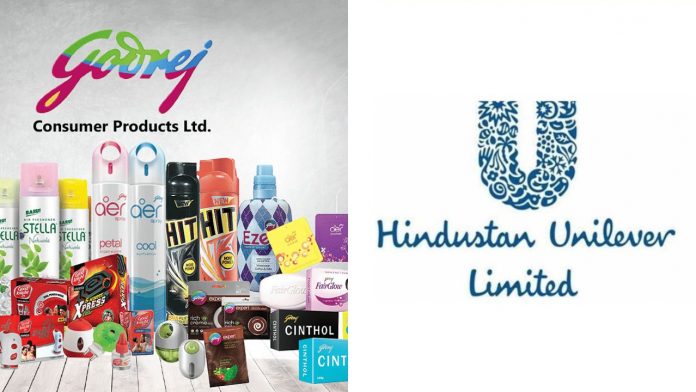Godrej Consumer Products announced it will not lower soap quality by reducing palm oil, responding to Hindustan Unilever’s (HUL) move to cut palm oil content in its soaps by 25% to manage price fluctuations in commodities.
Will not compromise on the quality of our products – Godrej
In India, soap quality is often judged by the total fatty matter (TFM), which is the amount of oils and fats in the soap. Soap makers use palm oil for its fatty acids. High TFM is usually seen as better quality, but HUL says that the type of fatty matter is more important for a soap’s performance than just the TFM.
Continue Exploring: Swiggy Instamart’s Karthik Gurumurthy debuts cricket activewear brand Ten X You
According to Economic Times, Godrej stated that the Bureau of Indian Standards (BIS) permits reducing TFM if synthetic surfactants or fillers are added. However, while fillers might enhance some aspects, if TFM drops below 75%, the soap won’t be considered grade 1 anymore.
“In normal conditions, consumers may not notice when you reduce total fatty matter (TFM) and add structurants, but in tough situations like hard water, they do notice. For 30 years, we have known about structuring technologies, but we have avoided using them in the bathing bar category,” said Sudhir Sitapati, MD at GCPL. He added that they will not change their strategy despite high palm oil prices. “We will not compromise on the quality of our products by reducing TFM in soaps.”
Continue Exploring: Meesho pulls gangster Lawrence Bishnoi t-shirts after public outcry
Unilever reduces 25% TFM in shop to manage prices
Previously, in July this year, HUL developed a technology called Stratos. This was also introduced in other countries by its parent company, Unilever. Since India is one of the biggest soap markets, Stratos replaced palm oil with a special mix of plant-derived polysaccharides, vitamin blends, and natural fatty acids. HUL claimed this improved the product and used 25% less palm oil than a typical grade 1 soap.
“A bathing bar reduces not just insoluble fatty matter, which is used for structuring and not for cleaning, but also good soluble fatty matter. When the total math on surfactancy is done, a bathing bar cannot technically equal a grade 1 soap in cleaning, lather and sog mush,” Sitapati commented further.
Notably, HUL leads India’s soap market with over 38% share and brands like Lux and Lifebuoy. The market is worth Rs 24,000 crore. GCPL is next with about 13% share and brands like Cinthol and Godrej No 1. HUL said using less palm oil saved a lot of money, which they can use to improve other ingredients in their products.





